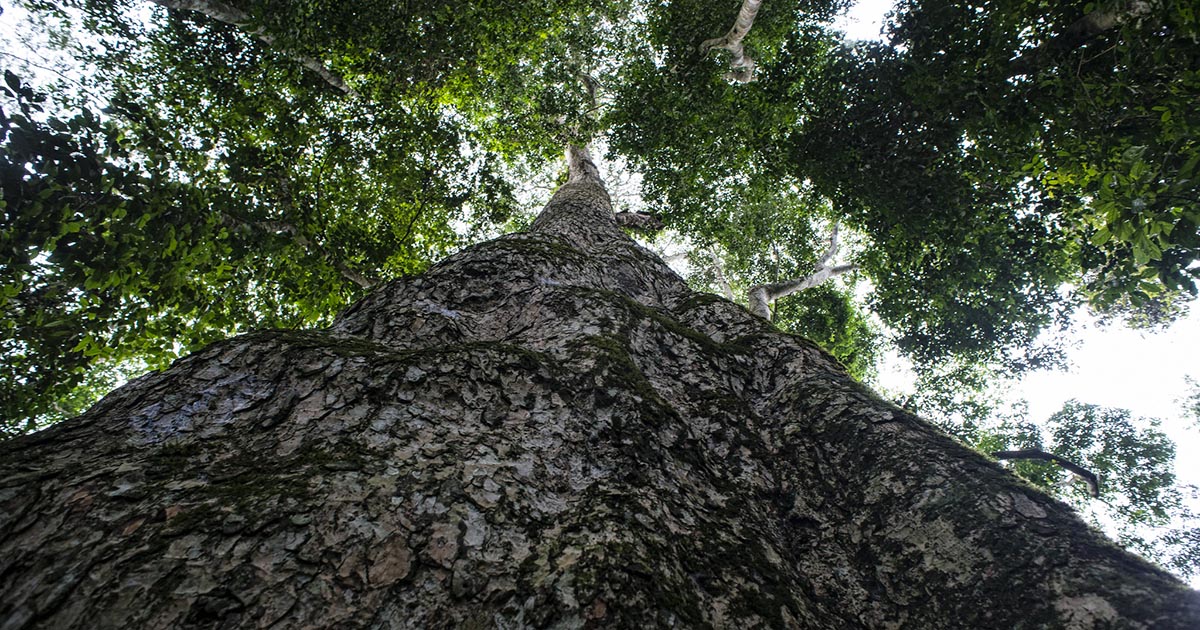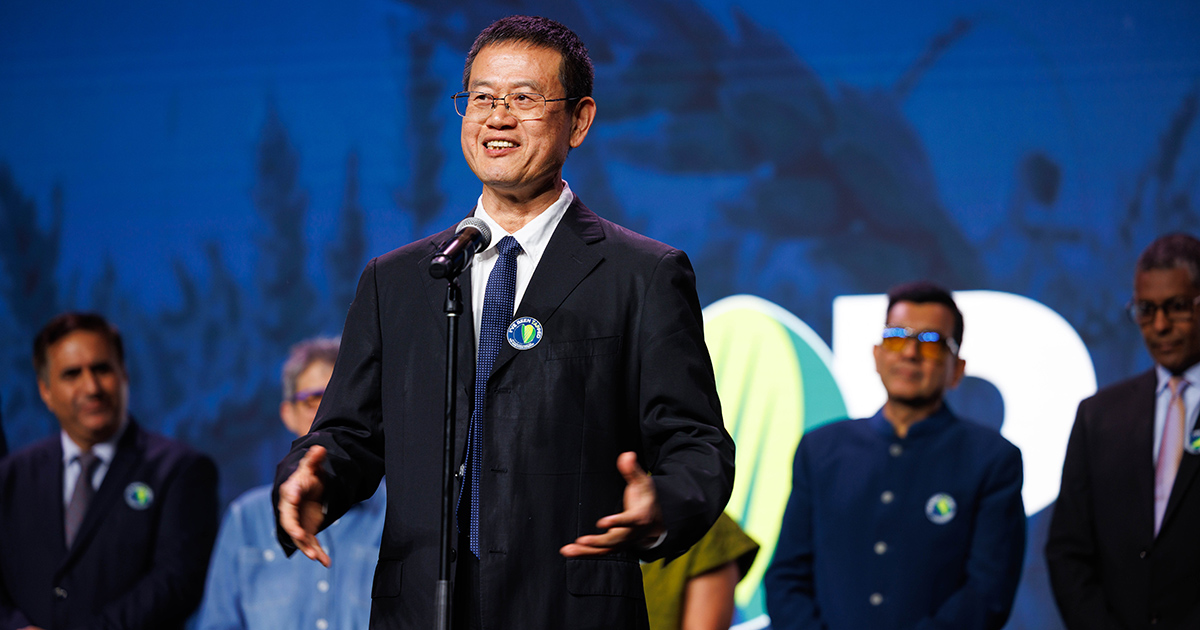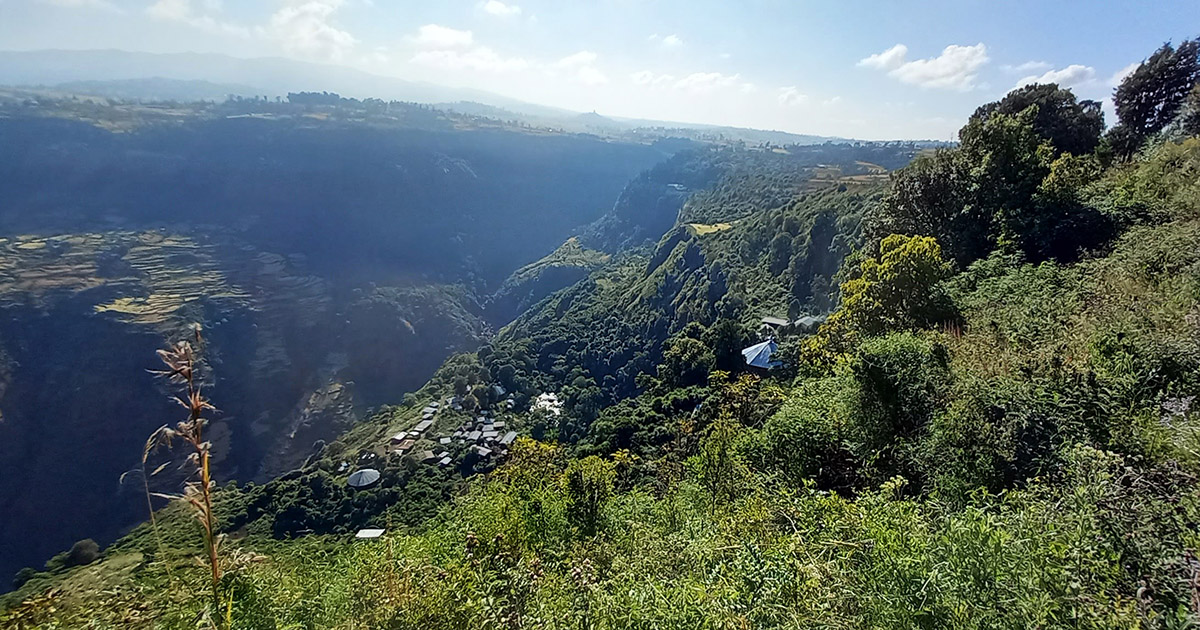In the drylands of West Africa, rural communities are highly dependent on trees for their livelihoods. Women, in particular, are the main beneficiaries of non-timber forest products, bringing in significant household income.
Women's activities are challenged by forest degradation and climate change, but they have very little decision-making power when it comes to natural resource management.
To challenge social norms and increase women's participation, the World Agroforestry Centre (ICRAF) led participatory workshops in six communities in south-central Burkina Faso and northern Ghana. The sessions aimed to deconstruct the concepts of sex and gender to underline that gender norms are socially constructed and can be reversed to benefit all community members.
Part of the training involved a role-playing activity where women and men reversed positions in decision-making discussions around natural resources management. This helped participants deconstruct gendered divisions of labour, control over finances and social norms.
This film was produced by World Agroforestry (ICRAF) in collaboration with partners and support from the West Africa Forest-Farm Interface (WAFFI), Regreening Africa, and the Resilient Food Systems programme, as well as the CGIAR Research Program on Forests, Trees and Agroforestry (FTA).










